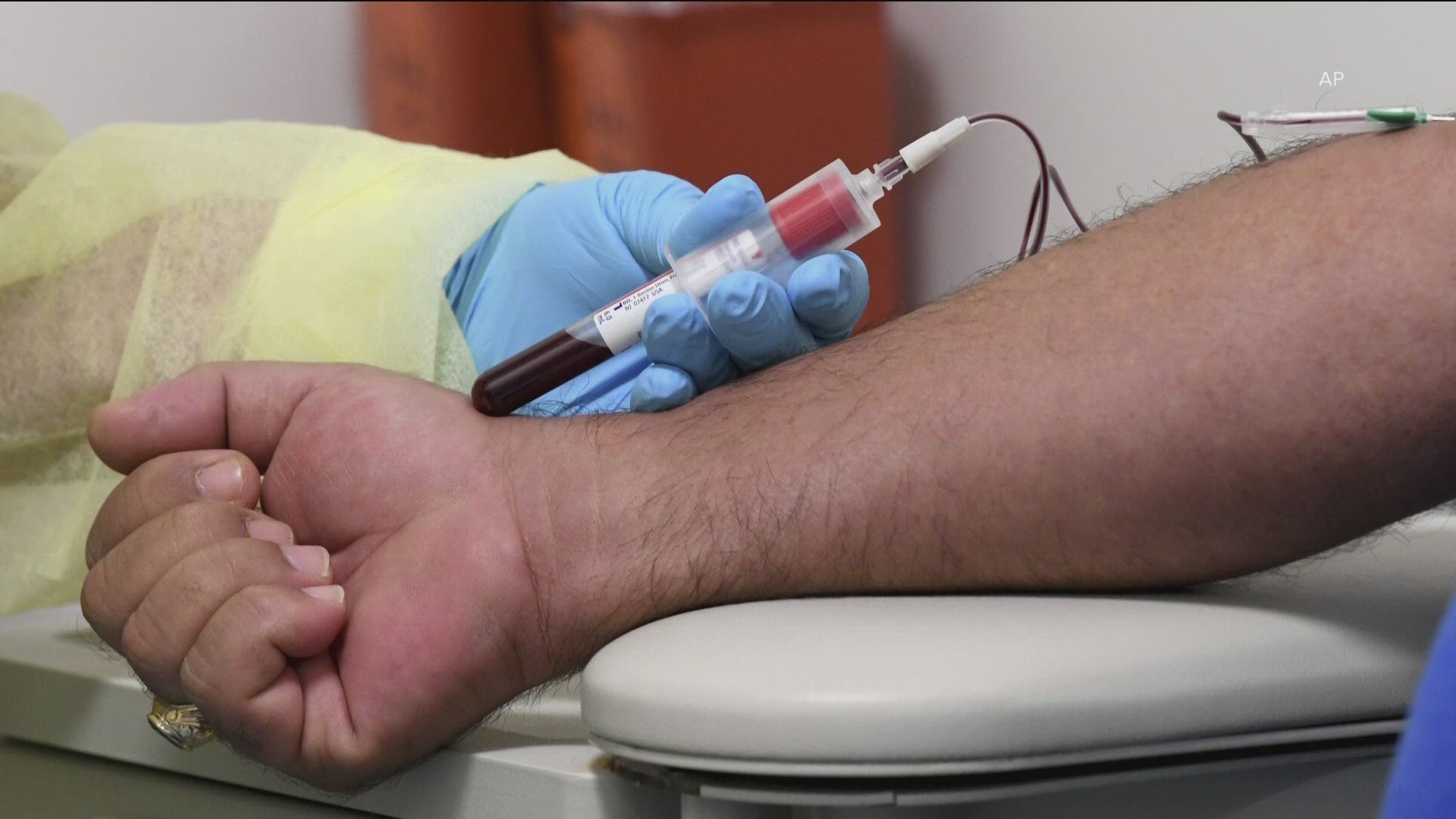MINNEAPOLIS — A possible medical game-changer as the FDA approves a new blood test for colon cancer.
On Monday, the Food and Drug Administration approved Guardant Health's blood test called 'Shield.'
Doctors say the test works by detecting DNA in the blood that is left behind by cancerous tumors in the colon.
"We're very excited to be bringing a screening choice to the general public,” Colon Cancer Coalition President Chris Evans says.
According to the coalition, nearly 50 million Americans go unscreened for colon cancer over fears of getting a colonoscopy.
"Some people don't like the test and some people don’t like the prep that is involved. This new test could help us close that gap of people who refuse to get a colonoscopy.,” Evans says.
Dr. Joleen Hubbard is a Gastrointestinal Oncologist at Allina Health.
She agrees, this new blood test is a great option for patients, but it will not replace the colonoscopy.
“This test appears to be more sensitive to more advanced cancers, for instance, stage two or stage three cancer, it is more likely to pick those up. Compare that to colonoscopy where we can identify colon polyps and have them removed and prevent cancer from developing,” Dr. Hubbard explains.
She says a colonoscopy must also be used to verify any positive results that come back from the blood test, so doctors can see where the cancer is in the colon and how far along the cancer is.
“I don’t think at this time we can recommend it as a replacement to colonoscopy,” Dr. Hubbard says.
However, she agrees with Evans that a blood test is better than no test at all because with colon cancer catching it early is everything.
"Be educated about your choice of your screening. Talk to your doctor, do your research and get screened."
Evans says the test will soon be covered by Medicare, but patients with private insurance may have to wait one to three years before the blood test is covered by insurance.

